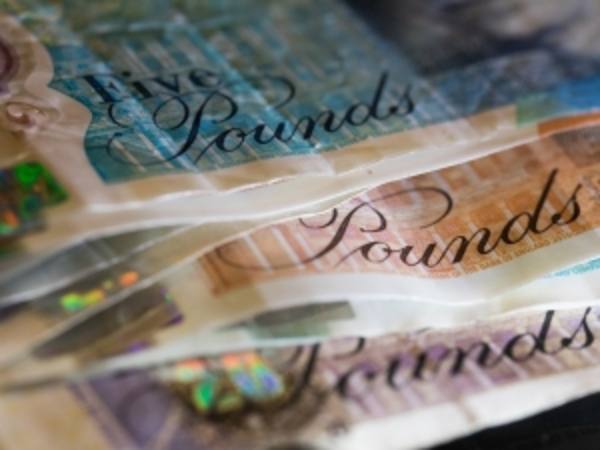Putting money into trust for a child or grandchild is a canny move from both a tax and a control perspective, and many pages of the IC have previously been dedicated to setting up arrangements such as discretionary trusts. But making sure a relative is taken care of financially through careful inheritance planning is made even more compelling if that person is physically disabled or lacks the mental capacity to make their own financial decisions.
For a disabled dependant, you need to consider carefully which type of trust to use, the tax rules and how any income is distributed.
Simon Mitchell is an associate at law firm Adams & Remers. He says that on paper, a disabled persons trust (DPT) and a standard discretionary trust can look identical, but the difference is in how the trust fund is applied. “A disabled person’s trust is one where the capital and income, when applied, must be applied for the benefit of the disabled person in question rather than for a class of beneficiaries as the trustees think fit at their discretion,” he says.
Nick White, a chartered accountant at Stowe Family Law, says there are strict controls on what can be paid out and to whom, but notes that those restrictions can provide valuable benefits to the disabled person. With a DPT only 3 per cent of the trust fund or £3,000 can be paid out to any other potential beneficiary.
Tax comparisons
However, with these added restrictions come favourable treatment in most areas of tax, including income, capital gains and inheritance tax. To qualify as a DPT and receive special tax treatment, the beneficiary needs to satisfy certain conditions – which the trustees can do by filling in the Vulnerable Person Election form (VPE1) and sending it to HMRC.
A discretionary trust is subject to tax at the standard trust rate, currently 45 per cent. With a DPT, trustees can offset the difference between this rate and that of the disabled beneficiary. “You basically calculate what income tax the trust would be due to pay under standard rules, then calculate what income tax the vulnerable beneficiary would be due to pay, if they had received the income directly in their hands rather than via the trust,” says Julie Hutchison, the head of customer affairs at Standard Life.
There are similar uplifts in relation to capital gains tax (CGT). The CGT rate for standard discretionary trusts is 28 per cent, with an annual tax-free amount of £5,500 for 2014/15. However, for a DPT the individual tax-free allowance is applied, meaning an annual tax-free threshold of £11,000.
How the assets are treated upon death also differ between trusts. A gift over the nil rate of £325,000 could be taxed at 20 per cent for a standard discretionary trust, says Ms Hutchison. She adds: “The trust could also be due to pay inheritance tax every 10 years and on occasions when capital is paid out of the trust to a beneficiary – the maximum tax charge on those occasions is 6 per cent.” But these charges are waived for DPTs.
Setup costs
As with most trusts, a DPT is free to invest in most asset classes. But trustees need to be aware of the Trustees Act 2000's points on appropriate diversification and seeking advice. They also need to carefully consider, for example, whether the trust will need to pay the individual a regular income.
Martin Bamford, managing director at adviser Informed Choice, says an investment mandate should be drawn up from an early stage. "For a vulnerable person’s trust it is important to involve a solicitor and properly draft the trust deed so appropriate investment restrictions are applied, for the protection of the vulnerable beneficiary," he says.
The cost of setting up a DPT will to some extent depend on its complexity and any additional advice required. The initial advice and tax paperwork could cost around £1,000, says Ms Hutchison, whereas Mr White says establishing a DPT can cost up to £2,000 plus VAT.
Adviser fees can add to this. A spokesperson from Aegon said an initial adviser charge and an ongoing charge might be payable for the investment of the trust funds and any continued servicing, adding: "These would be around 3 per cent of the initial investment plus 0.5-1 per cent of the fund per year as an ongoing fee."
Having a disabled beneficiary does not automatically mean a DPT will be more suitable than a standard discretionary trust – as with most things that will depend on the circumstances, and the latter are in many ways more restrictive. But those same restrictions could be viewed as advantageous and, coupled with the special tax treatment of DPTs, such trusts could be worth exploring further if you’re planning to bequeath assets to a loved one with mental capacity issues.









